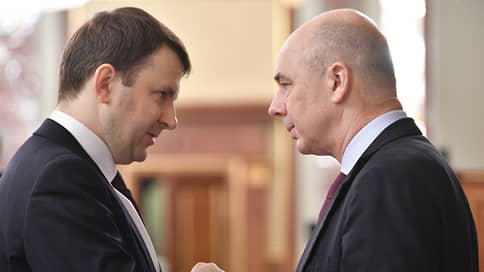The government nominated Chernyshenko, Siluanov and Oreshkin to the Supervisory Board of Sberbank
[ad_1]

The government (which controls 50% + 1 share) has nominated Deputy Prime Minister Dmitry Chernyshenko, Finance Minister Anton Siluanov and Presidential Aide Maxim Oreshkin as candidates for election to the Supervisory Board of Sberbank, the agencies reported, citing the executive order.
The cabinet did not nominate other candidates. The bank still does not disclose the current composition of the Supervisory Board. From the voting ballots sent to shareholders (Interfax has it) before the annual meeting in 2022, it follows that then the Supervisory Board included Mr. Siluanov, his deputy Vladimir Kolychev, Mr. Chernyshenko, Mr. Oreshkin, Chairman of the Supervisory Council of the Moscow Exchange Sergey Shvetsov, head of the bank Herman Gref and his first deputy Alexander Vedyakhin.
In addition, at the same time, the Supervisory Board included the former First Deputy Chairman of the Central Bank Gennady Melikyan, the rector of the Skolkovo Institute of Science and Technology Alexander Kuleshov, the president of the National Research Center “Kurchatov Institute” Mikhail Kovalchuk and the rector of the Moscow Institute of Physics and Technology Nikolai Kudryavtsev, the rector of the National Research Technological University MISIS Alevtina Chernikova, dean of the Faculty of Economics Moscow State University Alexander Auzan and Professor of the Department of Entrepreneurial Law of the Faculty of Law of Moscow State University Irina Shitkina.
On March 17, it became known that the Supervisory Board of Sberbank recommended to pay record dividends – 25 rubles. per share. Ten days before, Mr. Gref informed President of the Russian Federation Vladimir Putin that, despite “the well-known considerable difficulties and problems that arose as a result of well-known events,” all the difficulties in various areas, including financial ones, “were generally able to overcome.”
[ad_2]
Source link





